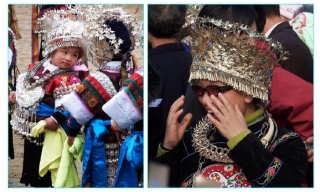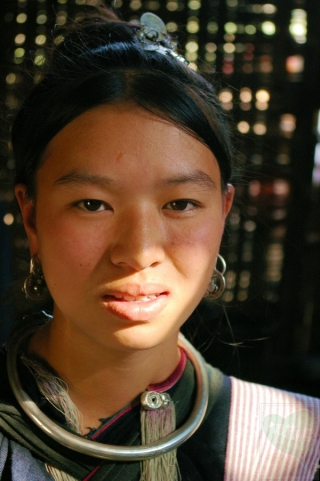Throughout the world, we are losing biodiversity as the human population expands and material wealth places ever more demands on natural resources. At the same time, we are losing cultural traditions and ethnic diversity as modern communication and transportation act to homogenize cultural experiences. Both of these patterns have economic development at their core, and the future course of economic development will likely drive what happens to biological and ethnic diversity. Although these patterns are driven by the same root causes and are therefore intertwined, they involve fundamentally different ethical issues. As I argue below, I think both biodiversity and cultural traditions need to be at the forefront of discussions on economic development, but for different reasons. The existence of pristine rainforest untouched by people is a myth. Tropical areas throughout the world have been inhabited for at least thousands of years. Even the tropical forests of the New World, while sparsely populated when “discovered” by Europeans, had only recently been depopulated by the European diseases that swept through the New World faster than the Europeans themselves. All tropical forests bear the signs of long-term human habitation. But the impact of people on the rainforest is escalating dramatically. This is caused by the growing human population in the tropics which exerts increasing pressure on rainforest resources. Also, economic and technological development has created the motivation and power to change or destroy rainforests in unprecedented ways. We are losing rainforests throughout the world, and the biodiversity they contain is threatened. At the same time, the world at large is losing cultural traditions. To take Xishuangbanna as an example, Xishuangbanna is occupied by 13 recognized ethnic groups, showing a diverse collection of languages and cultural traditions. These peoples have come from the north and the south since pre-historic times, and the hard mountainous terrain provided barriers that insulated ethnic groups from external cultural and political pressures. Xishuangbanna is experiencing ever more movement of people and ideas. The migration of people from their homes in search of economic opportunities, and the influx of people and communication technologies are breaking down the traditions that had remained intact due to the former isolation of villages (Figures 1, 2). 

|


